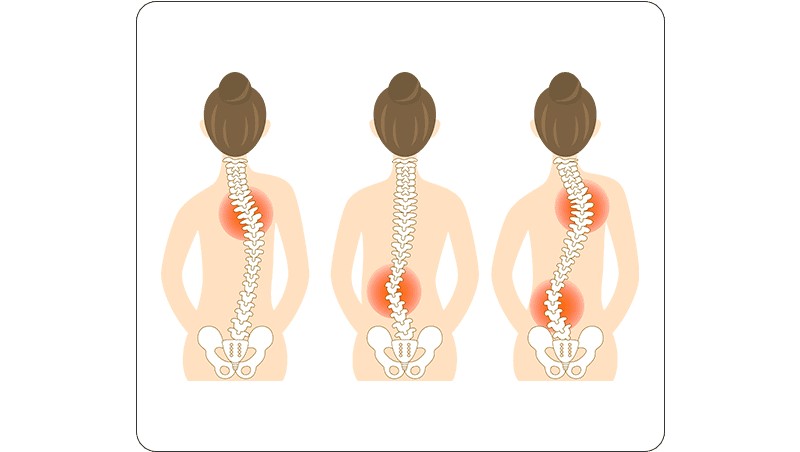
A Guide to Supporting Loved Ones Who Face Scoliosis Challenges
- Healthcare
- October 23, 2023
When someone close to you faces the challenges of scoliosis, the journey can be filled with ups and downs, both physical and emotional. As a support system, it is crucial to be there for them, providing practical help and emotional support.
Let us learn how to encourage people living with scoliosis challenges, helping them move towards a healthy and happy life.
Understanding Scoliosis
Before diving into support strategies, let’s gain a basic understanding of what scoliosis is. It is a condition characterized by the abnormal curvature of the spine. This curvature can take different shapes from “S” to “C,” often leading to uneven shoulders, hips, or a rotated spine. Its causes can vary, but it is essential to remember that it is a medical condition that affects many aspects of a person’s life.
- Empathetic Listening
One of the most powerful ways to support a struggling loved one is to listen compassionately. Listen actively without judgment, allowing them to express their concerns and feelings. Empathetic listening creates a safe space for them to share their experiences and feelings, which can be a great relief on their journey.
- Educate Yourself
Knowledge is empowering, and educating yourself about it is an extensive step toward supporting your loved one. Understanding the condition, its possible causes, and treatment options will allow you to engage in meaningful conversations and provide informed advice when needed.
- Encourage Open Communication
Your loved one may be experiencing a range of emotions, from frustration and fear to anxiety and self-consciousness. Encourage open communication by letting them know sharing their thoughts and concerns with you is OK. This support can be invaluable as they work through their feelings.
- Attend Medical Appointments Together
Accompany your loved one to medical appointments if possible. Having a familiar face next to them can provide emotional comfort and reassurance. Additionally, attending these appointments can help you stay informed about their progress and treatment plan.
- Promote a Healthy Lifestyle
A healthy lifestyle is prime for management. Encourage your loved one to maintain a balanced diet and regularly exercise. For example, yoga and swimming can help improve flexibility and strengthen back muscles, which may reduce some of the discomfort associated with scoliosis.
- Offer Practical Help
Some daily tasks may become more challenging. Offer them help if required, whether running an errand, reaching high shelves, or tying shoelaces. These small efforts can bring significant changes to their daily lives.
- Emotional Support
Dealing with such a chronic condition can have an emotional impact. Be there for your loved ones when they need emotional support. Sometimes, just a hug or a reassuring presence can be enough to brighten their day.
Conclusion
Helping a loved one with scoliosis is a heartfelt gesture of affection and sympathy. Providing strength and empowerment to your loved ones is essential for fostering emotional support and leading a healthy lifestyle, enabling them to face challenges with courage.
There are many wellness centers available to help, such as ANSSI Wellness. These centers will help your loved ones recover swiftly and comprehensively without medication or surgery.
Related Articles: